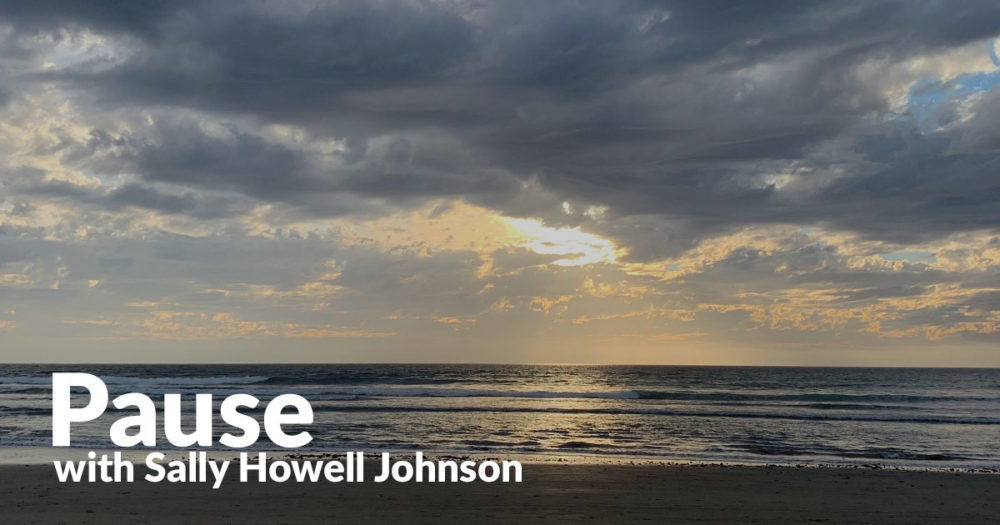A couple of weeks ago I heard a story on MPR about a poet named Sally Crabtree who lives in England. Sally was hired by the National Rail Service to soothe the tempers of those who wait for sometimes tardy trains. Her work is to show up on a train platform, set up a poet-tree….a metal tree that has various and sundry items hanging from it…and invite bystanders to choose something. She then proceeds to entertain those waiting for the train by creating an impromptu poem about their item, perhaps people standing by, and what ever else strikes her fancy. It is difficult to imagine something happening like this in the U.S., especially on purpose, at the direction of big business, to somehow make the patron feel better while at the same time perhaps being inconvenienced. "The purpose of poetry is to delight." says Crabtree.
I loved that statement and I loved the idea that someplace, someone is being employed to ‘delight’. What a glorious goal for one’s work! How might our work be done if, at least one of our goals, was to delight….those who walk into our office, our store, our restaurant, our home, our church? "Allow me, if you would, to delight you with this proposal." "Please, try this soup…I hope you find it delightful". "Welcome to worship today. May you find something that lifts your soul and delights your life." You get the picture.
Crabtree’s notion about poetry’s purpose is correct, I believe, but I also think poetry draws people in because it is a minimalist art form. In a world that throws more words at us that we can take in, where talk radio and talk television shows drone on and on about a subject for numbing hours, to come face to face with a few words that express our deepest feeling seems like a life preserver tossed to a drowning person.
So, today, I hope to be a person of few words…but well chosen ones…words that might perhaps bring delight to somone who needs them most.
"Enough. These few words are enough. If not these words, this breath. If not this breath, this sitting here. This opening to the life we have refused again and again until now. Until now." David Whyte
